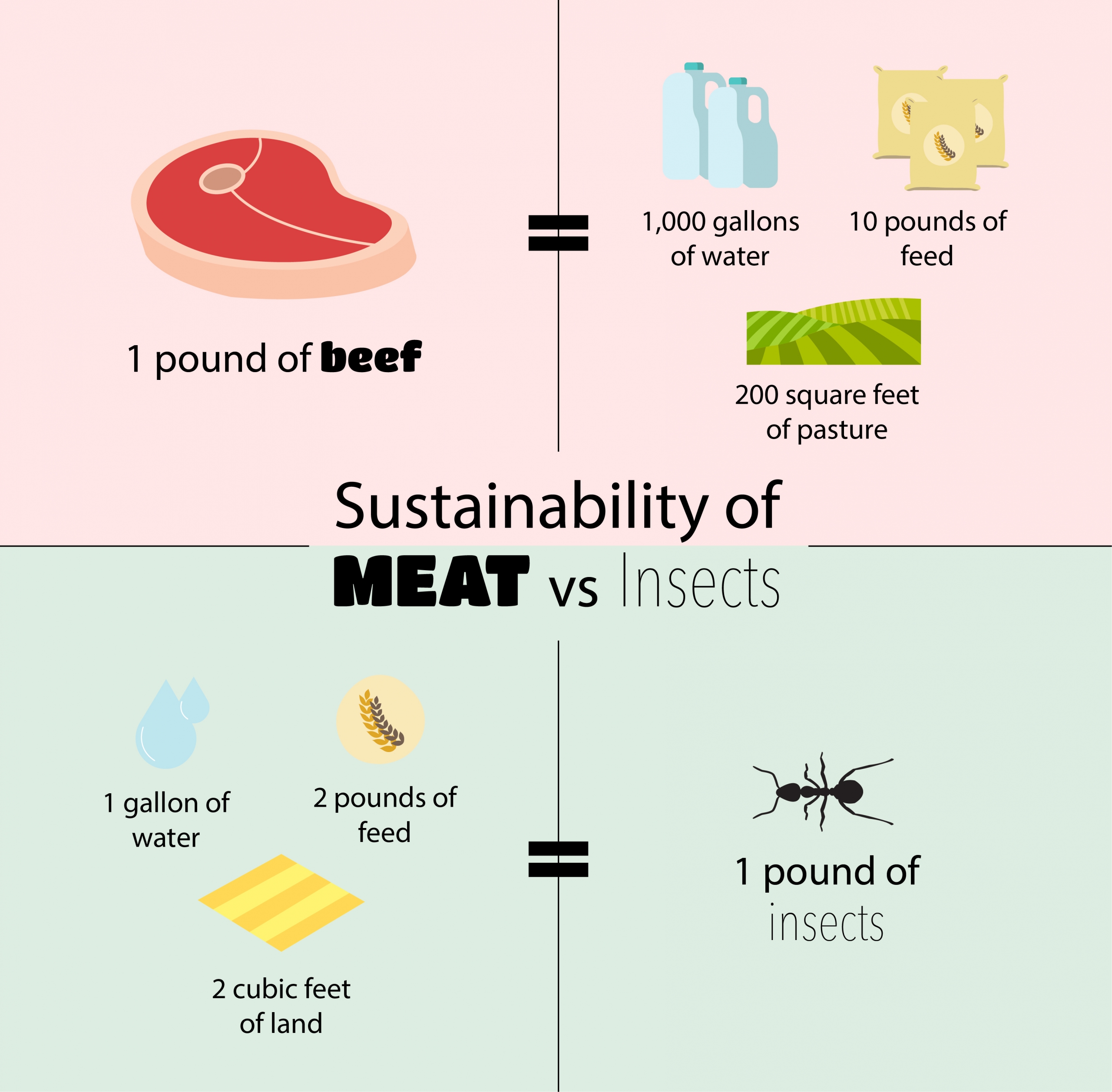June 13, 2019
Contest saw participation by 89 health profession schools hosting 370+ events in 14 states, reaching 1.5 million consumers nationwide
Media contact: National Consumers League – Carol McKay, carolm@nclnet.org, (412) 945-3242 or Taun Sterling, tauns@nclnet.org or (202) 207-2832
Washington, DC — Today, the National Consumers League (NCL) and its partners announced the winners of the eighth annual Script Your Future Medication Adherence Team Challenge, a competition designed to engage health profession students and faculty across the nation by encouraging teams to develop creative initiatives to raise public awareness about the importance of medication adherence. This year’s winners are Pacific University School of Pharmacy, University of Pittsburgh School of Pharmacy, Wilkes University Nesbitt School of Pharmacy, North East Ohio Medical University College of Pharmacy (NEOMED), Touro University California College of Pharmacy, and the University of Charleston School of Pharmacy.
The 2019 Medication Adherence Team Challenge is part of the national Script Your Future public awareness campaign coordinated by NCL with support from its partners and the Challenge sponsors—the American Association of Colleges of Pharmacy (AACP), the National Association of Chain Drug Stores (NACDS) Foundation, the National Community Pharmacists Association (NCPA) and the American Pharmacists Association (APhA).
“The Script Your Future Medication Adherence Team Challenge continues to be an innovative avenue for our future healthcare professionals to engage with their local communities,” said Executive Vice President and CEO at AACP Dr. Lucinda L. Maine. “The communications avenues utilized, resources shared, and events held in these communities provide essential information and strategies for patients to improve their medication adherence and ultimately their health outcomes.”
Medication non-adherence can lead to devastating health outcomes. Research shows that nearly one in five prescriptions go unfilled and half of all patients with chronic illnesses do not take their medication as prescribed. Poor medication adherence is attributed to more than one-third of medicine-related hospitalizations and at least 125,000 U.S. deaths each year. This phenomenon has led national health advocacy leaders to recognize poor medication adherence as a public health priority. Improved medication adherence leads to better health outcomes and reduced total healthcare costs, and it was for these reasons that NCL launched the Script Your Future awareness campaign in 2011. The Team Challenge was established as a way to extend campaign messages into medical and other schools of health professions, and to nurture adherence-minded values in future generations of professionals entering the workplace.
“Once again, we continue to be encouraged by the collaboration and creativity of the next generation of healthcare professionals and are honored to provide a platform in the Team Challenge that promotes an interprofessional approach to quality, adherence-minded care,” said NCL Executive Director Sally Greenberg. “The robust outreach the student teams conducted to promote medication adherence in their communities was not only impressive, but also highlighted the integral role the entire health professional team plays in achieving positive health outcomes.”
Top performing teams are honored with a National Award for overall outstanding team achievement, or a Focused Award, which recognizes achievement in the specific areas of health disparity/under-represented community outreach, media/communications outreach, or creative interprofessional team event. This year, the Script Your Future National Awards went to Pacific University School of Pharmacy and the University of Pittsburgh School of Pharmacy. University of Pittsburgh has reclaimed its 2016 title as a National Award winner, and this year marks the first National Award win for Pacific University, who was recognized as the Rookie Award winner last year. The focused awardees were: Northeast Ohio Medical University College of Pharmacy (Health Disparities), Touro University College of Pharmacy (Media Outreach), and the University of Charleston School of Pharmacy (Creative Inter-professional Team Event). Finally, the Rookie Award—which recognizes an outstanding team in their first or second year of the Challenge—went to Wilkes University Nesbitt School of Pharmacy.
“The Script Your Future Team Challenge is the perfect vehicle to inspire the imaginative thinking that is going to drive greater medication adherence, which in turn will produce better health outcomes, while lowering overall spending,” said NCPA CEO B. Douglas Hoey, RPh, MBA. “Pharmacists are clinically-trained medication experts. They should and do play a prominent role in this event. We applaud all the Script Your Future participants for their efforts and suspect that some of their ideas will gain traction with a larger audience going forward.”
This year, more than 3,800 future healthcare professionals and volunteers held more than 370 events in 14 states, directly counseled more than 12,000 patients, and exposed 1.5 million consumers nationwide to Script Your Future messaging. Since the Challenge began in 2011, more than 18,800 future healthcare professionals have directly counseled nearly 78,000 patients and reached nearly 26 million consumers.
“The Script Your Future Campaign provides an opportunity to engage student communities in developing collaborative, interprofessional teams to address medication non-adherence and improve population health. This initiative continues to advance patient care and foster collaboration all across the country. The NACDS Foundation is proud to be a part of this unique opportunity for students to share their talents and make a difference in their communities,” said NACDS Foundation President Kathleen Jaeger.
“Pharmacists are medication experts, and nearly all Americans live within five miles of a community pharmacy. Yet, almost 50 percent of people prescribed medications for chronic diseases do not take their medication correctly. Pharmacist-provided care services help improve adherence and optimize the effects of prescription medications. The Medication Adherence Team Challenge increases awareness of the pharmacist’s role, promotes interdisciplinary care teams and, most importantly, helps patients,” said APhA CEO Thomas E. Menighan, BSPharm, MBA, ScD (Hon), FAPhA.
The recognized schools, selected from dozens of applications and 89 participating educational institutions, are listed below.
National Challenge Award: Pacific University School of Pharmacy, Hillsboro, OR
Pacific University’s School of Pharmacy partnered with the University’s School of Graduate Psychology, School of Audiology, School of Dental Hygiene, and College of Optometry, as well as several local initiatives, to sponsor six individual events, in addition to an ongoing partnership with a primary care clinic. Pacific University’s Medication Adherence events centered around low-income communities, communities of color, and engaging interprofessional peers. Throughout the Team Challenge, the Pacific University students directly counseled 152 patients, reaching a total of 628 people, and distributed 700 wallet cards, by placing a focused effort to expand their physical and digital impression with social media and involvement in local initiatives. The team’s events included interprofessional presentations at psychology clinics, informative tabling events, outreach at an underserved primary clinic, and a complementary dental care event. Pacific University placed a great emphasis on cultural competency throughout its patient counseling efforts by addressing barriers to health literacy faced by patients of Hispanic and Vietnamese backgrounds.
National Challenge Award: University of Pittsburgh, Pittsburgh, PA
The University of Pittsburgh’s interprofessional team consisted of the University’s School of Dental Medicine, School of Health and Rehabilitation Sciences, School of Medicine, School of Public Health, School of Nursing, and School of Social Work. The University of Pittsburgh reached 2,387 people over the span of 70 events. During these events, the teams were able to directly counseling 2,107 patients, distributing about 400 wallet cards and securing 1,907 “I Will” Pledges. The team conducted outreach over an expansive media platform, amplifying medication adherence messaging across three different radio stations reaching approximately 125,000 listeners throughout the region. The University of Pittsburgh bolstered the multidisciplinary nature of their team by coordinating an interprofessional trivia night and forum. In addition, the team partnered with the nonprofit, Operation Better Block, to coordinate a health fair, providing point-of-care testing and healthcare counseling to 80+ attendees. In addition to fostering interprofessional collaboration, through a partnership with the Birmingham Free Clinic, the team was able to integrate Script Your Future messaging during patient intake and consultation.
National Challenge Award: Finalists
The following schools were named Finalists under the National Award category: Lake Erie College of Osteopathic Medicine School of Pharmacy (LECOM), University of California-San Francisco School of Pharmacy, University of Charleston School of Pharmacy, University of the Sciences Philadelphia College of Pharmacy, West Virginia University School of Pharmacy, and Touro University California College of Pharmacy.
Rookie Award: Wilkes University Nesbitt School of Pharmacy, Wilkes-Barre, PA
Wilkes University Nesbitt School of Pharmacy, in conjunction with the Wilkes University Passan School of Nursing, made an excellent debut in this year’s Team Challenge. The team’s activities included collaborating with local pharmacy organizations to advance diabetes, smoking cessation, and cardiovascular medication adherence efforts. The team expanded its outreach to church and nursing home settings across 10 events throughout the Challenge. A unique component of the team’s outreach included engaging 100+ scouts in the Generation RX and MedWise Scout Event, teaching children ages 11-17 of the importance of proper medication usage.
Rookie Award Finalist: Jefferson College of Pharmacy
Jefferson College of Pharmacy in Philadelphia also made a very strong showing in the Team Challenge as a first-time competitor.
FOCUSED AWARDS
Health Disparities/Under-represented Community Outreach Award: Northeast Ohio Medical University College of Pharmacy (NEOMED)
Pharmacy, medical, nursing practitioner, and optometry students from Northeast Ohio Medical University College of Pharmacy (NEOMED) focused their health disparities-driven outreach to underserved populations with respiratory illness. In an effort to combat high smoking rates in their community, the team also placed a great emphasis on smoking cessation-related outreach efforts, teaching proper inhaler usage in patients with respiratory illnesses such as asthma and COPD. The team also expanded its outreach to middle and high school aged children to emphasize the value of adherence and respiratory health by demonstrating proper inhaler usage and technique.
Communication and Media Outreach Award: Touro University California College of Pharmacy
Touro University California College of Pharmacy has reclaimed its win from last year for the Media/Communications Outreach Award. Pharmacy, medicine, physician assistant, and nurse practitioner students collaborated to produce nine public service announcement videos across various social media platforms. The team used the diversity within their members to their advantage by catering messaging to reflect relevant issues affecting their patient populations. The team also expanded their reach to local newspapers to amplify the value of taking medications properly and in a timely manner.
Creative Inter-Professional Team Event Award: University of Charleston School of Pharmacy
The University of Charleston School of Pharmacy partnered with nursing, physician assistant, and health promotions students to organize multiple health fairs and Script Your Future events throughout the Charleston and southern West Virginia regions. The team’s health promotions students worked closely with the School of Pharmacy in the implementation of Generation Rx and Rex the Rx™ prevention programs in over 40 local elementary schools. The interprofessional team also organized an episode on the University’s Blog Talk Radio series that was hosted by students from the pharmacy, nursing, and PA programs. The Blog Talk Radio episode reached an estimated 12,500 listeners and focused on the unique role each member of the healthcare team has in the management of chronic diseases.
###
About Script Your Future
Launched in 2011, Script Your Future is a campaign of the National Consumers League (NCL), a private, non-profit membership organization founded in 1899. NCL’s mission is to protect and promote social and economic justice for consumers and workers in the United States and abroad. As an advocacy organization, NCL is working to educate consumers and key health stakeholders on the importance of taking medication as directed. For more information about the Script Your Future campaign, visit ScriptYourFuture.org. For more information on NCL, please visit nclnet.org.



















